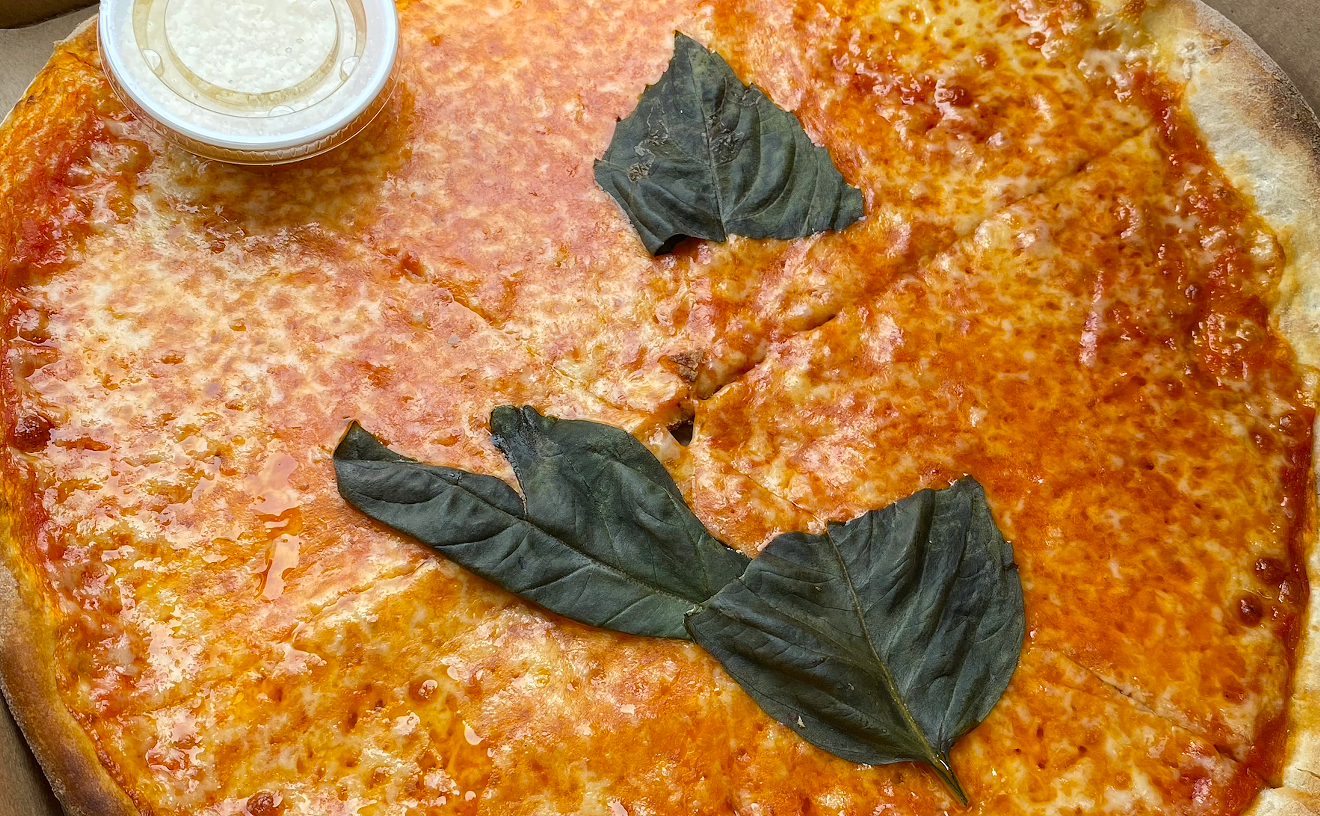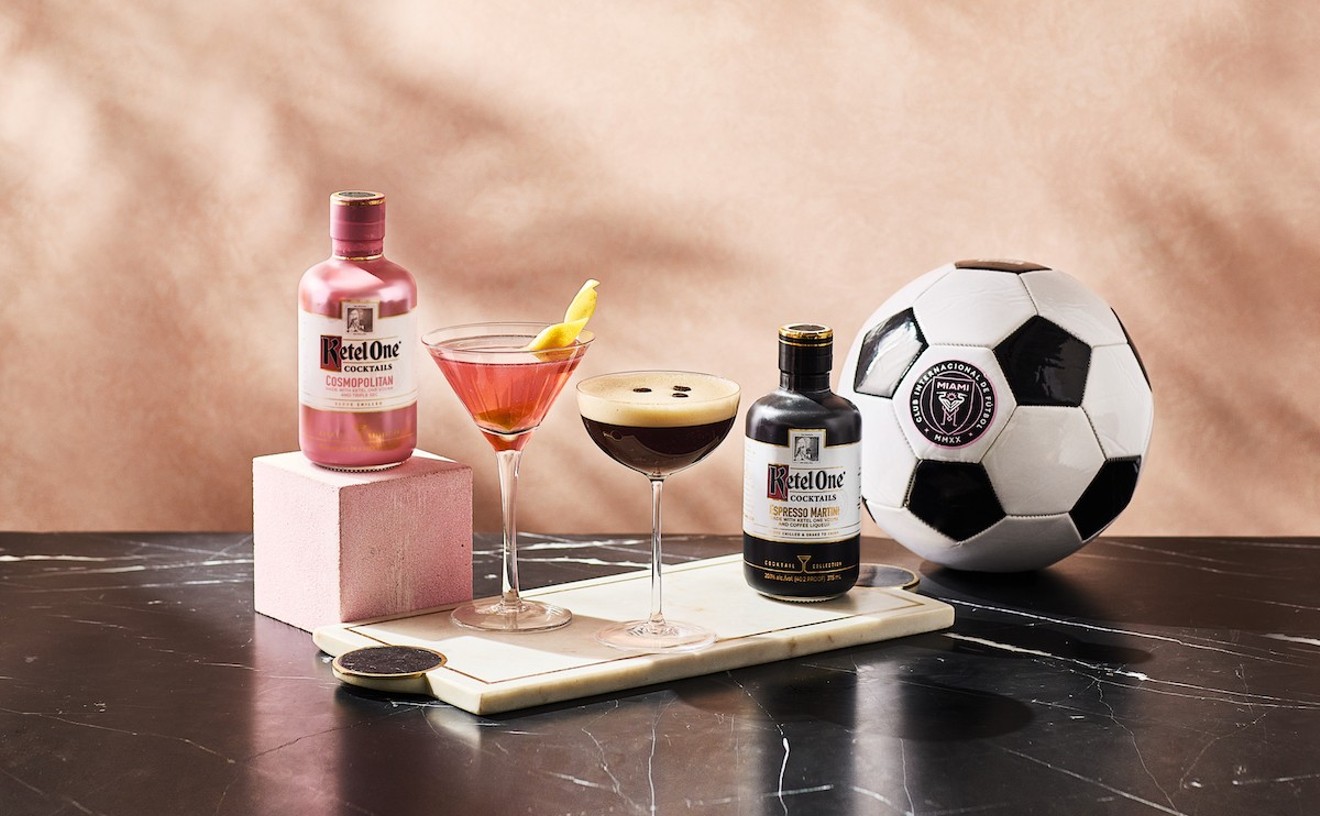Call me late to the party, but I just stopped in to Chef Chris Consentino's site, Offal Good, to read up on what I've missed lately in the world of innards. Back in March, Consentino responded to a letter and phone call from one particularly infuriated "customer" questioning whether the celeb chef would be taking foie gras off the menu at his San Francisco restaurant, Incanto. When Consentino, an ardent defender of all things offal, responded with a "no," the angry caller informed him that he or she would be staging a protest at the restaurant. Consentino and his business partner, Mark Pastore, decided that, if said caller came to fight, foie gras would be their "Alamo." Presumably, Chef was sincerely worried that some ardent animal rights activist would quarter his ass right there on Church Street. And really, he should be.
But, in prototypical pen-is-mightier-than-the-sword fashion, Pastore decided not to duke it out on the steps in front of his restaurant. Instead, he wrote an extremely impassioned and well-thought-out letter in defense of foie gras and posted it on the Incanto website.
One of the most interesting aspects of Pastore's argument occurs
before he even mentions the term foie gras. In discussing the violent
and destructive tendencies inherent in consumption, Pastore, in short,
equates the casualties of the food industry to the acceptable losses of modern travel:
The notion of a society accepting an unpleasant trade-off betweenUsingsomething valued within that society and death of innocents is not
exclusive to food production. It is virtually a defining characteristic
of collective social order, whether among humans or other animals. Each
year in the United States, for example, more than forty thousand people
are killed and more than two million injured in transportation-related
accidents. Yet we accept the level of violence and suffering wrought by
this human activity, with little or no ongoing debate. Why? First,
because vehicular travel is convenient and interwoven with our way of
life. But also because our country is founded upon the notion of
personal liberty, which includes freedom of movement and freedom to
choose how one travels. Even when that activity carries with it the
certainty that thousands of people, including innocent by-standers,
will die each year directly as a result, we implicitly accept this
terrible cost in exchange for the opportunity to move around fast with
relatively little hindrance. I have searched for an association of
human rights activists that is protesting this senseless violence and
calling for a ban on all mechanized travel. I have not yet found one.
this equation as the cornerstone of his argument, Pastore then
proceeds to dismantle the anti-foie gras movement by proving that
eliminating questionable moral practices from food production is not
really their end game. Rather, he argues their aim was to create a
wedge issue virulent enough to serve as a cattle prod to sides of the
frothing extremists while simultaneously being benign enough to capture
the support of the truly indifferent. The result is, like fur and
guns and gay marriage, the food nazis now have a banner issue to point
at as they bray. And, so far, it's worked for them.
It would
make far more sense for such animal rights organizations protesting
foie gras to set their sights on hideously overfished tuna on their
menus or farm-raised salmon. But that would take some actual work:
converting the people who are content to sit in their local sushi
restaurants and chow on $5 tuna rolls as they remark on what a healthy
choice they've made for dinner. I have to agree with Pastore and take
it another step -- people don't really want to make choices that impact
their daily lives. They want to be green (for the six months that
movement lasted in 2008) so long as they don't have to actually turn
off the damned television or stop driving their gas-guzzling SUVs. They
want to be sustainable, as long as sustainable means they can keep
eating from the value meal at McDonald's and buying insta-packs of quick and easy mashed potatoes
from Publix. After all, this is a world of convenience, and convenience doesn't
stop where politics begin. In fact, there are plenty of ready-made
ideologies to adopt, right there in your grocer's freezer.










